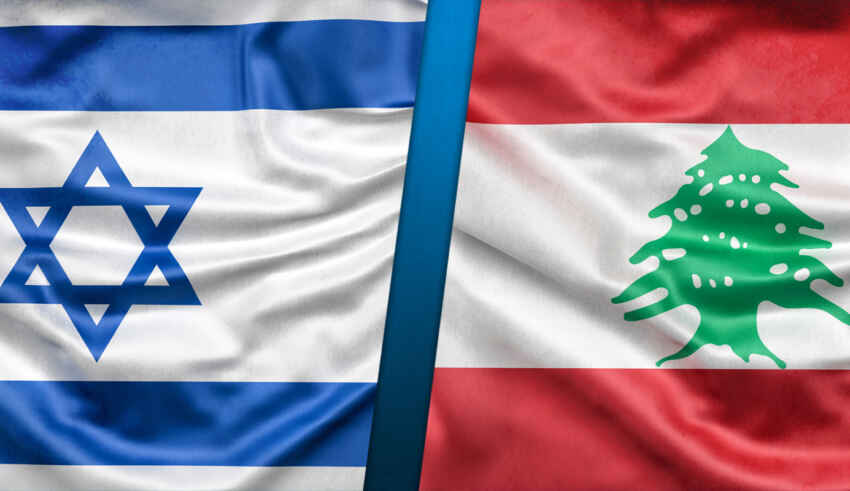
After decades of dispute over their shared maritime border, which includes oil and gas fields in the Mediterranean, Israel and Lebanon reached “a historic agreement”, as was described by the Israeli Prime Minister, Yair Lapid. After months of US-brokered negotiations, this deal is a major diplomatic step between the two countries, which are still formally at war and lack diplomatic relations.
The neighboring countries have been in a long-standing dispute over a part of the sea off the coast of Israel and Lebanon, which includes the Karish oil and gas field and the Qana field. The deal granted Israel the right to exploit the Karish maritime reservoir, and Lebanon took control over the much bigger Qana gas field, with Israel receiving 17% of the profits. However, the two countries have not engaged in a partnership or any other formal links, as the Lebanese government has clarified, since Israel will receive its shares from the Qana field through TotalEnergies, the French company that is in charge of drilling.
The previous summer, tension spiked between the two countries when an Energean vessel assigned by Israel arrived at the Karish drilling site to initiate testing procedures for gas production. Beirut opposed Israel’s move arguing that any development of the reservoir should be avoided until US-mediated maritime border negotiations reach a solution. The situation got out of control when Hezbollah, the powerful Lebanese Shia movement backed by Iran, launched drones toward the Karish field threatening to strike the rig and was intercepted by the Israel Defense Forces. However, it is not the first time that Hezbollah has threatened to initiate attacks in case Israel starts proceeding in the area.
The agreement has a multidimensional value for both countries. It is the first official agreement between Israel and Lebanon, marking the opening of communication channels between the two countries, which technically are still at war. It is also a significant boost for both countries’ economies. For Lebanon, which is facing a long-standing economic and energy crisis and encounters political instability, this agreement is a chance to revive its economy and overcome major challenges. Israel’s Prime Minister argued that this agreement “would strengthen Israel’s security, inject billions into Israel’s economy, and ensure the stability of the country’s northern border”. Although the estimated gas production from the Karish maritime reservoir is not significantly big, the agreement was welcomed by Israel’s western allies, following the energy crisis sparked by the Russian invasion of Ukraine.
Although Lebanon’s President Michel Aoun described the border agreement as a technical process, rejecting any possibility of Lebanon recognizing Israel, the Israeli side appears to believe that the two states are one step closer to the normalization of their relations. Even if an official normalization will take some time, for the moment at least Israel has ensured its security and stability. Hezbollah, a constant threat to Israel’s security and the main opponent to any deal of Lebanon with Israel, kept a consolatory stance during the border negotiations with Israel. However, the fragile political situation in Lebanon, which can leave room for Hezbollah to get involved in the country’s politics, raises concerns about the agreement’s longevity and the possibility of restoring peace in the area.
By The European Institute for International Law and International Relations.















